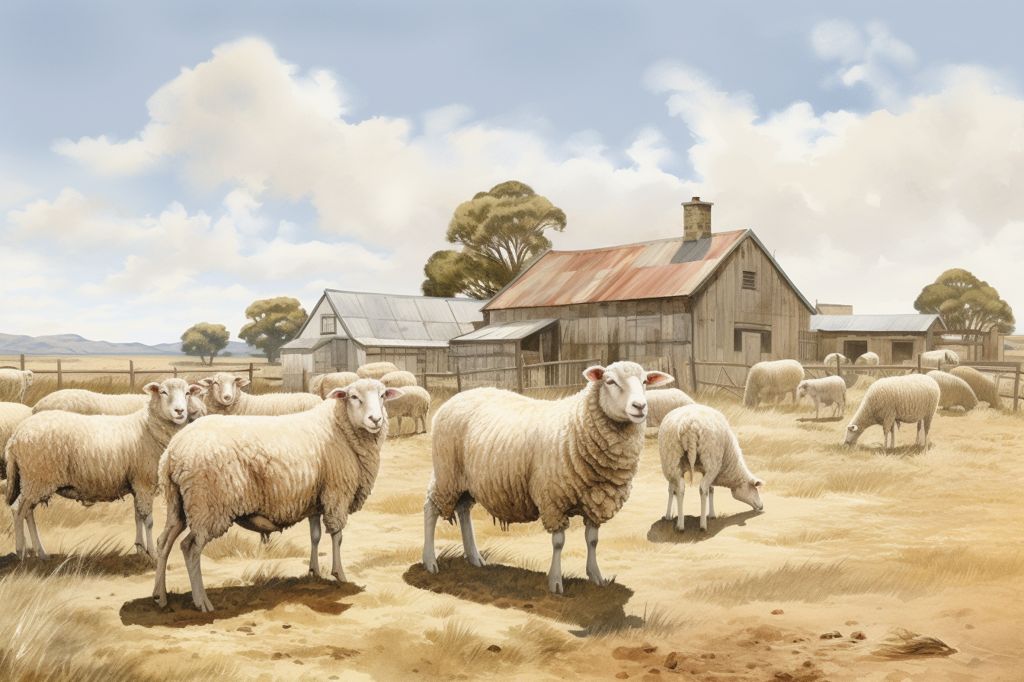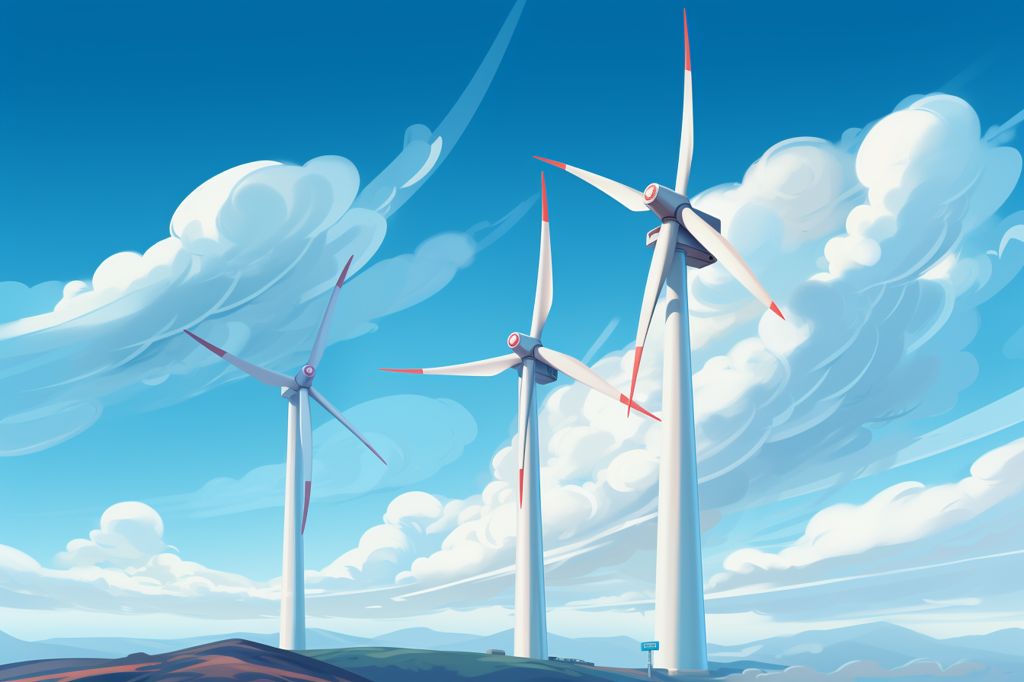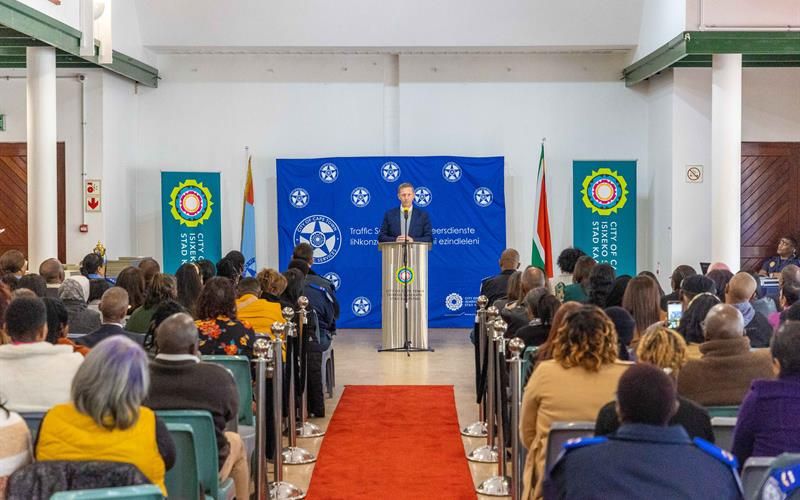On June 30, 2023, Eastern Cape MEC Nonkqubela Pieters of the Department of Rural Development and Agrarian Reform (DRDAR) unveiled a new R1.1 million shearing shed for farmers in Bell village, Ngqushwa. The project aims to promote youth participation in the wool industry and support local farmers.
Improving Infrastructure for Bell Woolgrowers Association
The Bell Woolgrowers Association, consisting of 21 farmers, previously lacked proper infrastructure for shearing sheep. They relied on an old rondavel, leading to wool contamination. The new shearing shed, however, offers improved facilities and equipment that can enhance the quality and quantity of wool production, increasing income for the farmers.
Currently, only two young members belong to the Bell Woolgrowers Association. Nonetheless, they have successfully encouraged youth participation in seasonal activities, inspiring more young people to join the wool business.
DRDAR’s Significant Role in the Project
DRDAR played an essential role in the project’s development, providing funding and technical advice, veterinary programs, and training for shearing and wool sorting techniques. The shearing shed project also created employment opportunities, with eight shearers hired temporarily during the shearing season, and an additional eight jobs created during construction.
Government Initiative for Communal Farmers
The shearing shed is part of a larger DRDAR initiative that built 20 similar sheds across various districts in the 2022/23 fiscal year. For the 2023/24 fiscal year, the DRDAR has allocated a budget of R24.4 million to construct 17 more shearing sheds, renovate two existing sheds, and supply shearing equipment for four sheds in six districts.
By equipping farmers with improved facilities, offering technical guidance and training, and fostering a collaborative environment for young aspiring farmers, the DRDAR initiatives help pave the way for a more prosperous and sustainable future for the wool industry.
Media Witnessed the Event
The handover of the shearing shed was held on June 30, 2023, in Bell village, Ngqushwa. Media representatives attended the event to witness the important initiative. This significant investment in agricultural infrastructure demonstrates a genuine commitment to uplifting rural communities by providing support systems, enhancing productivity, and encouraging the next generation of farmers to join the wool sector.








